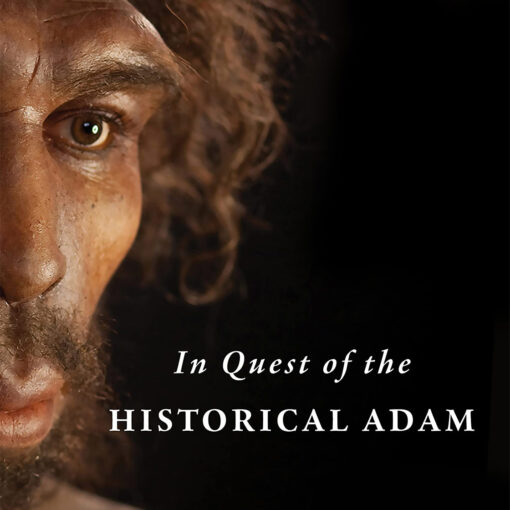Intelligent Design Creationism

Michael Shermer speaks with Simon Conway Morris, Emeritus Professor of Evolutionary Palaeobiology at the University of Cambridge. In his latest book Morris challenges six assumptions — what he calls “myths” — that too often pass as unquestioned truths amongst the evolutionary orthodox. These include the idea that evolution is boundless in the kinds of biological systems it can produce. Not true, he says.
Michael Shermer speaks with Simon Conway Morris about chance, direction, and design in evolution, the possibility of purpose in the cosmos, and the existence (or not) of god. Plus, the Skeptic Research Center asks “Who Endorses Conspiracy Theories about Government Elites?”

One of the most influential conservative Christian theologians goes all-in for evolutionary science and finds room for a Paleolithic Adam and Eve. This has left some schools of Christian orthodoxy scrambling to find a way forward. With any luck, they may start to reevaluate their opposition to evolution altogether.

Sunday, December 20, marked the 10th anniversary of Judge John Jones’ decision in the landmark Kitzmiller vs. Dover Area School District case, better known as the court case that finally put intelligent design (ID) creationism on trial. In this article, Donald R. Prothero recounts details from that momentous case and its aftermath in the battle between creationism and evolution.
Sunday, December 20, marked the 10th anniversary of Judge John Jones’ decision in the landmark Kitzmiller vs. Dover Area School District case, better known as the court case that finally put intelligent design (ID) creationism on trial. In this week’s eSkeptic, Donald R. Prothero recounts details from that momentous case and its aftermath in the battle between creationism and evolution
In this review of Mark Perakh’s 2004 book, Unintelligent Design, the mathematician Paul Gross reviews the most advanced arguments put forth by the new breed of creationists — Intelligent Design Proponents — and reveals Perakh’s devastating deconstruction of these arguments, such as irreducible complexity, the “design inference,” and information theory.











